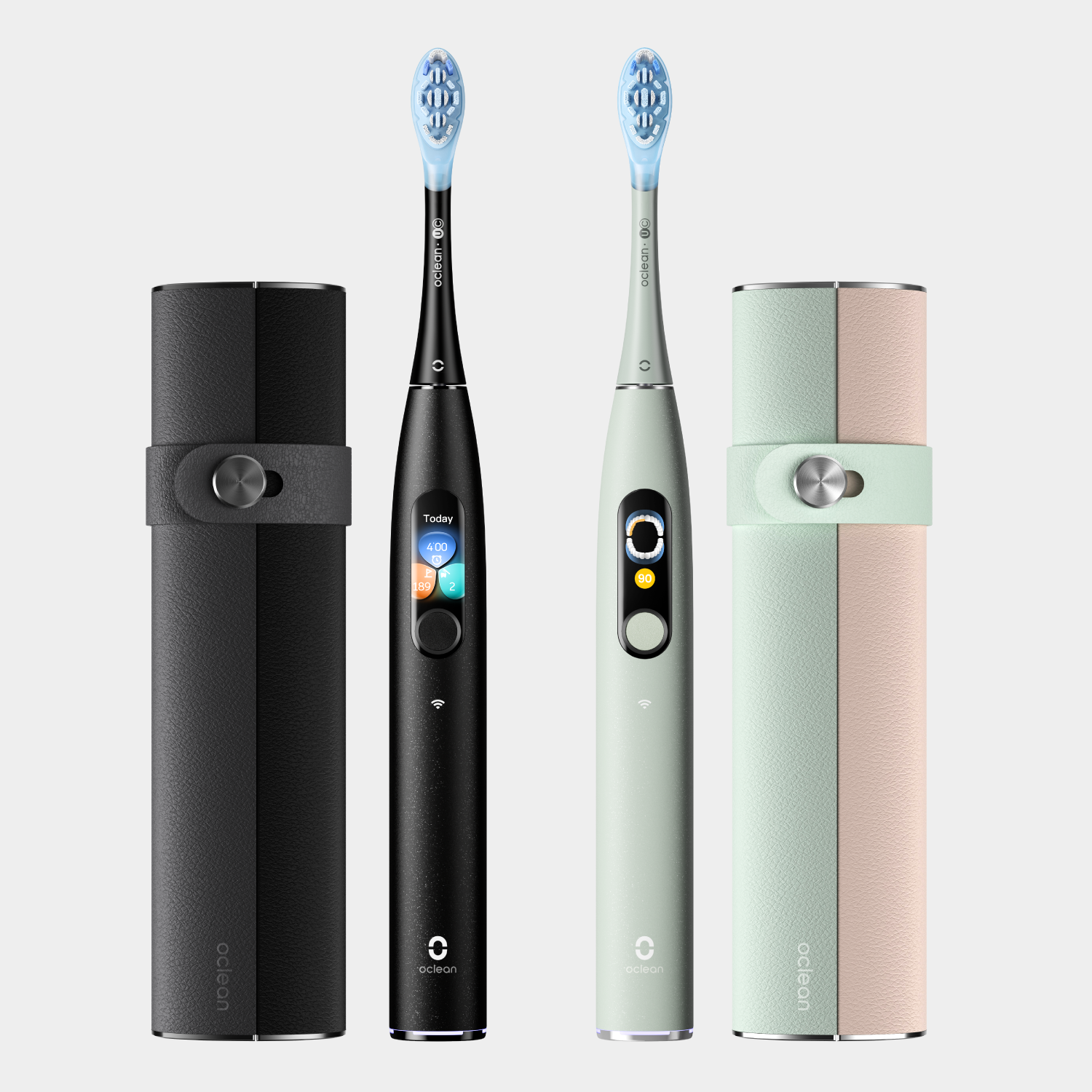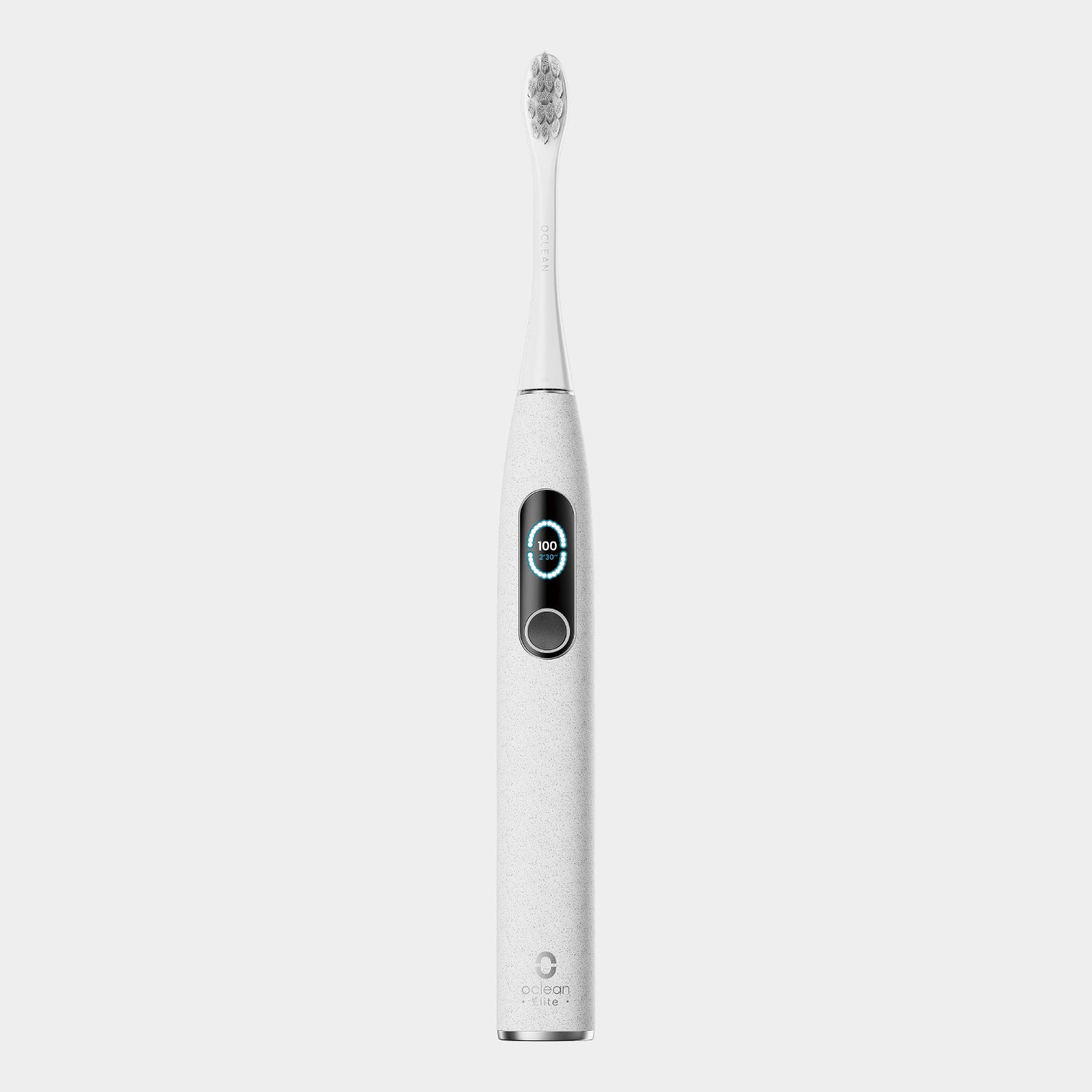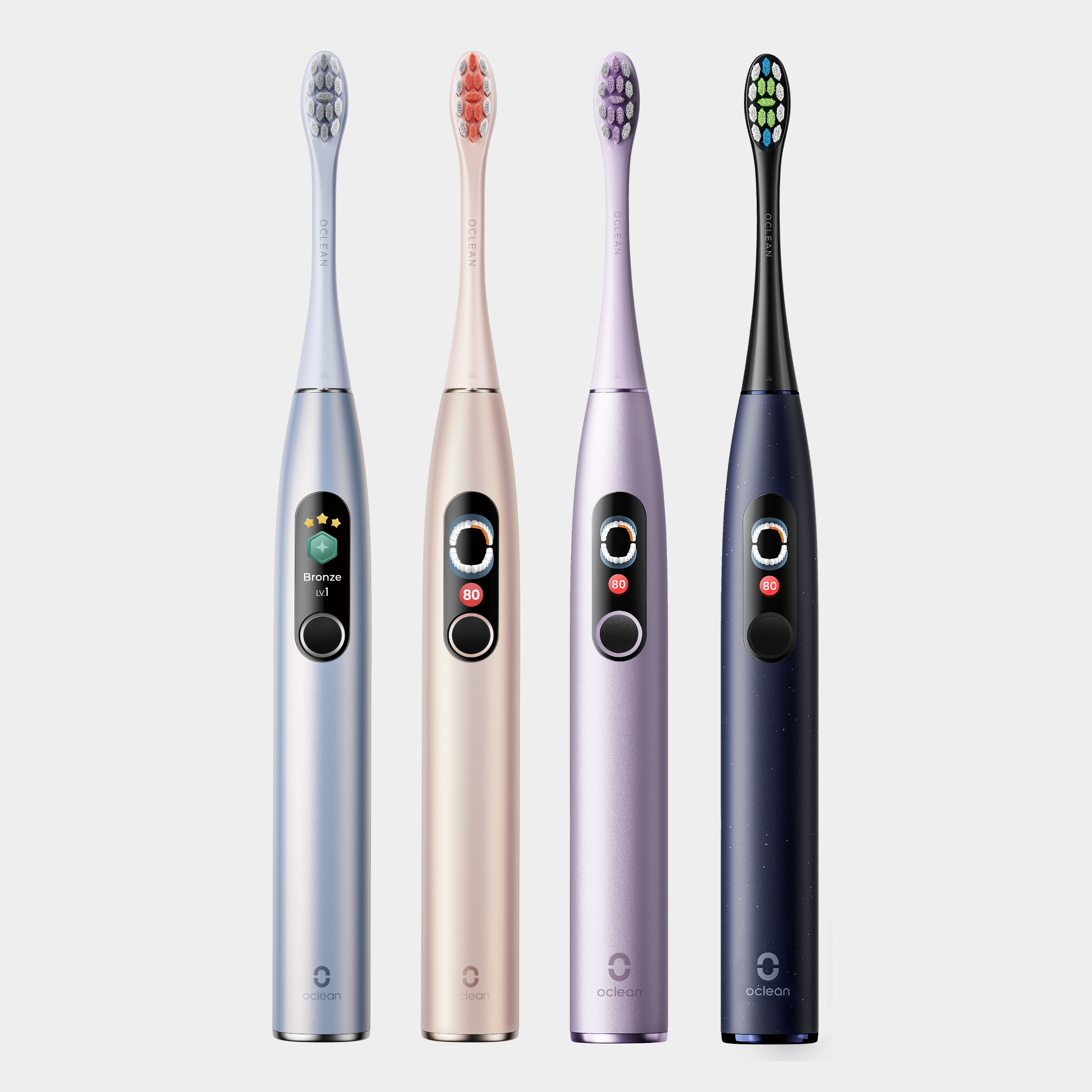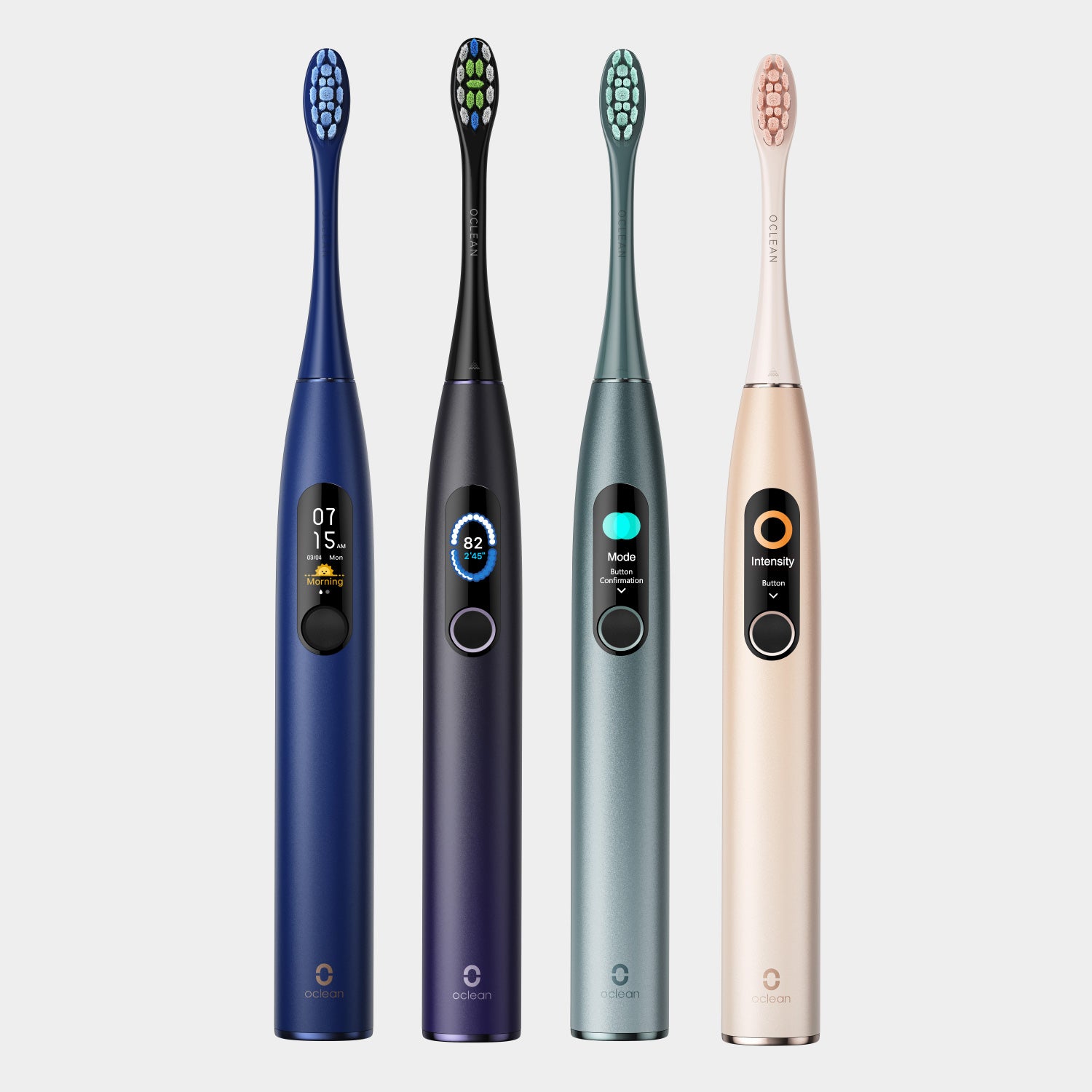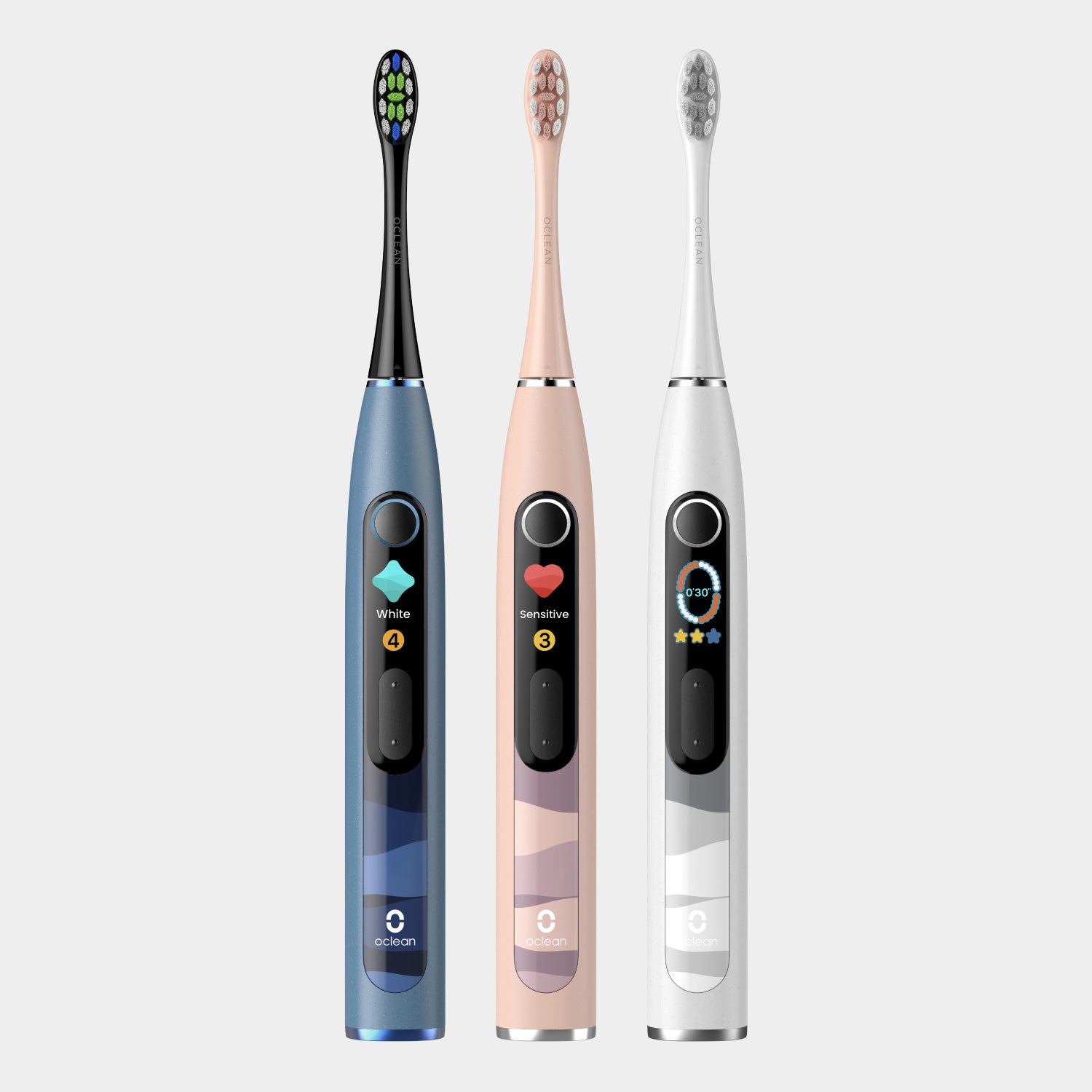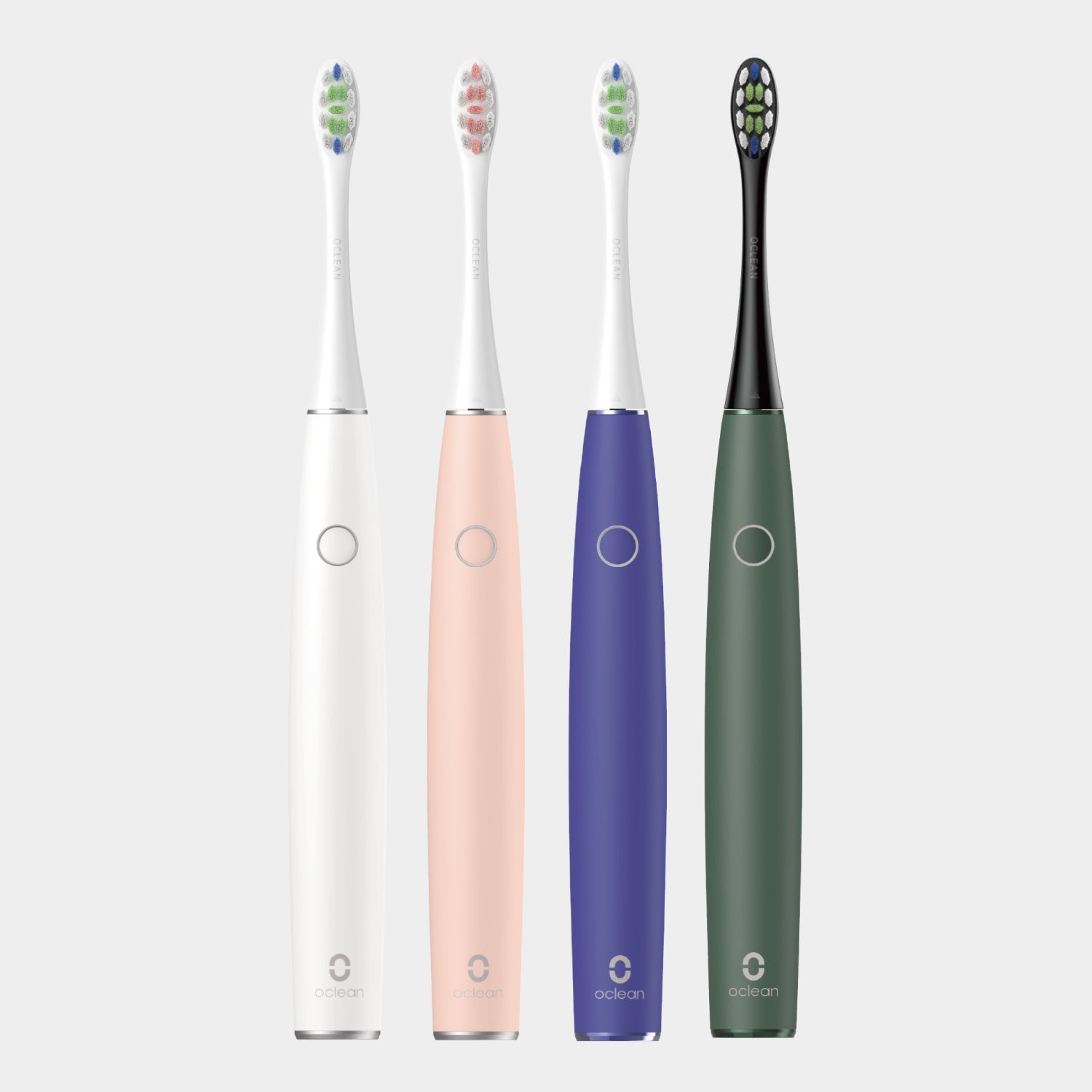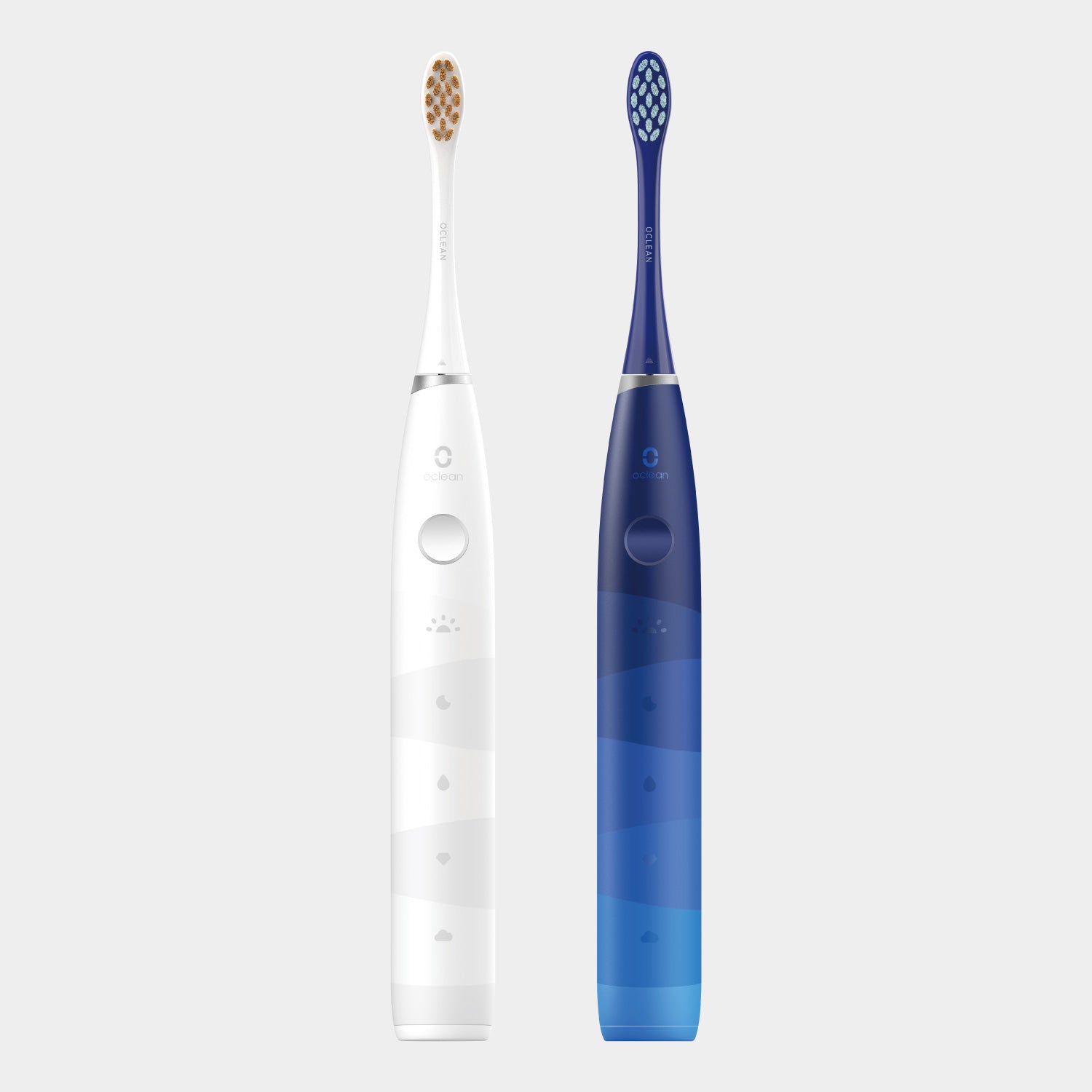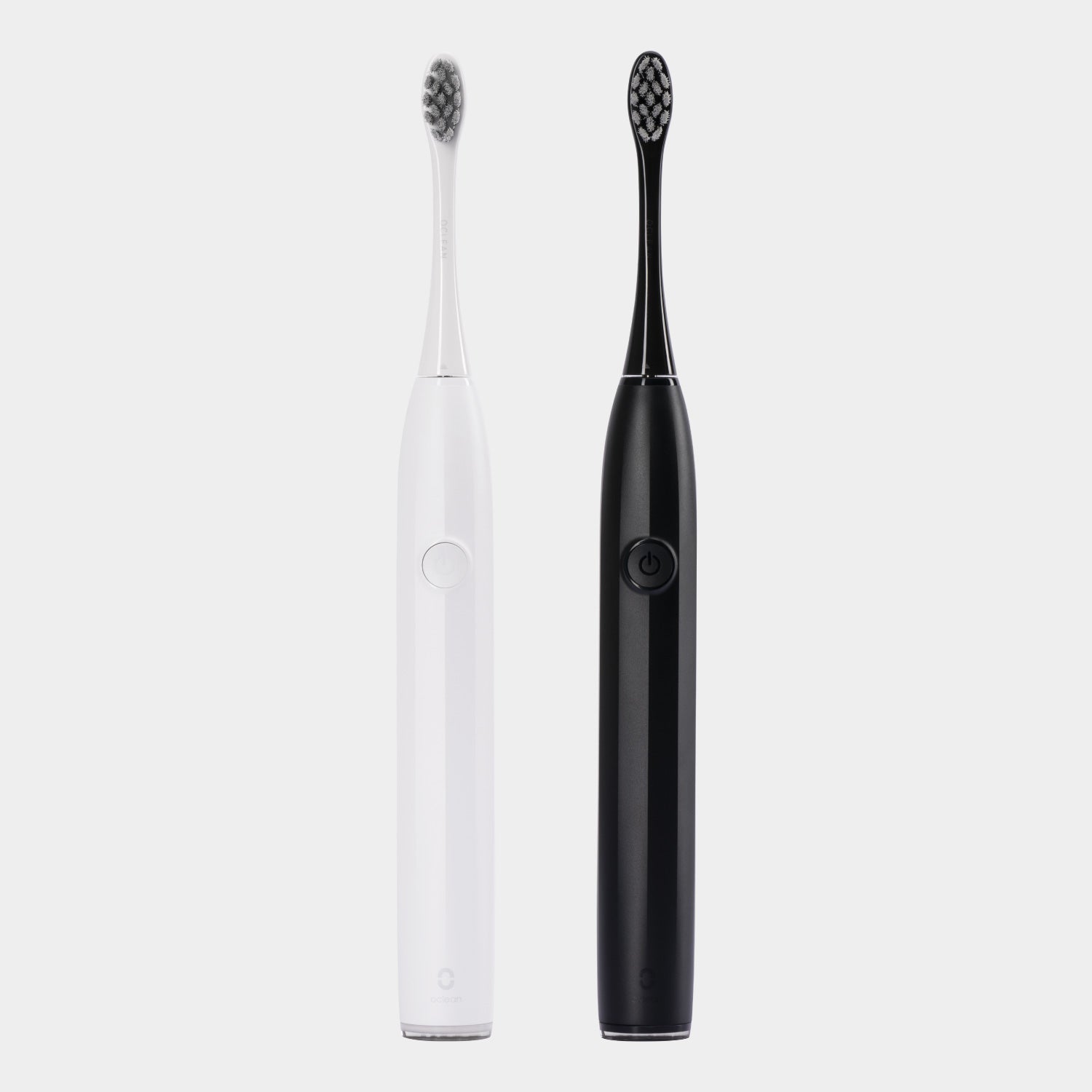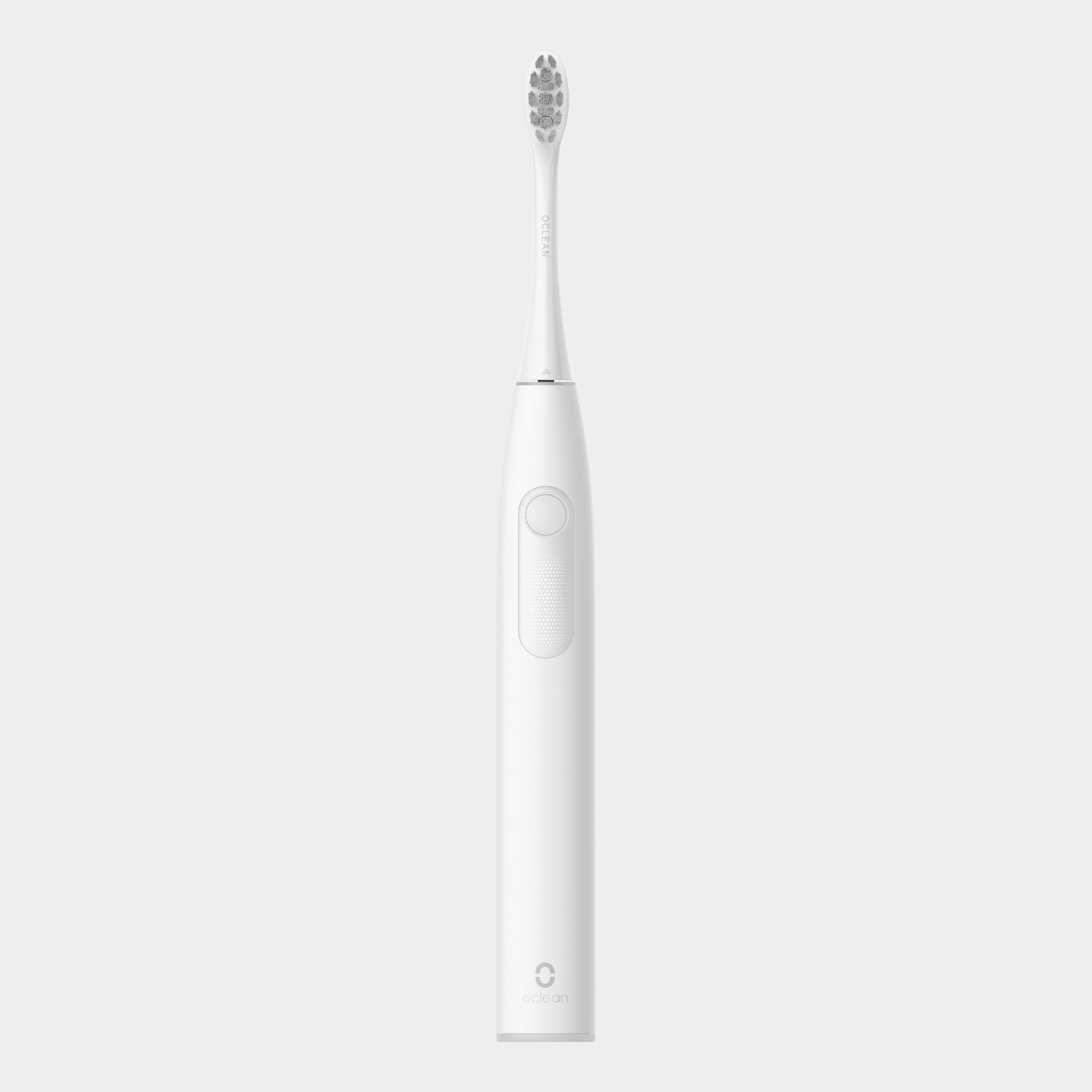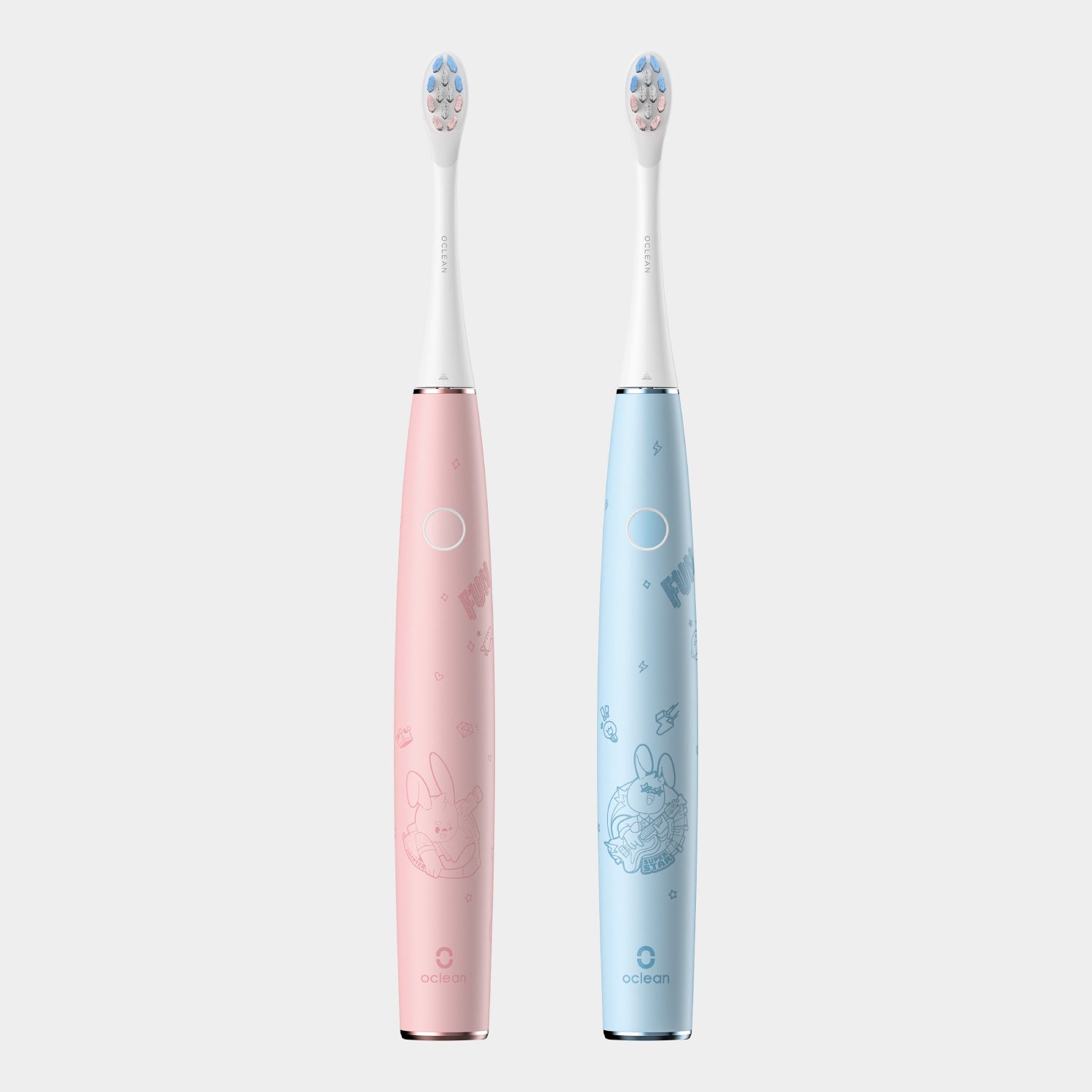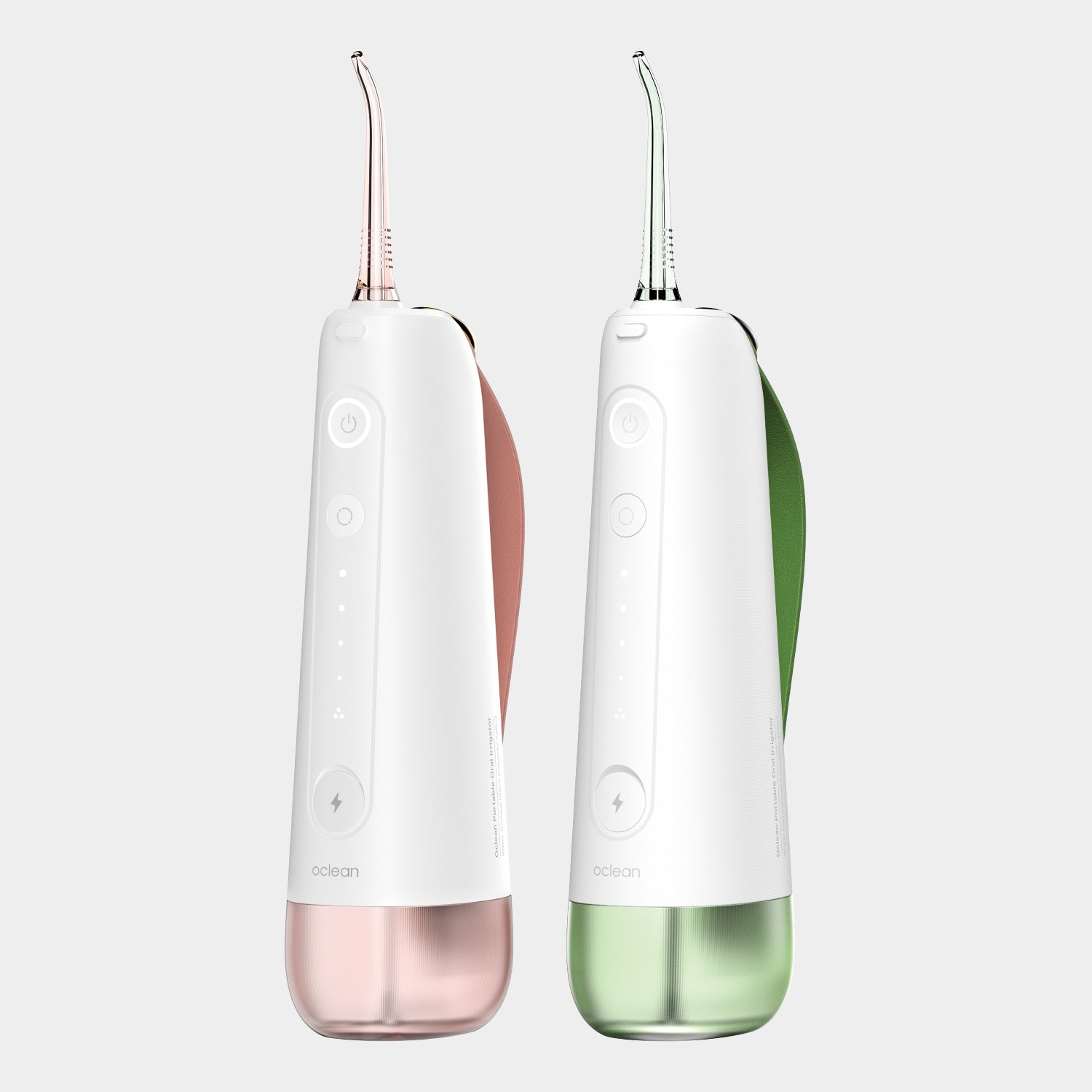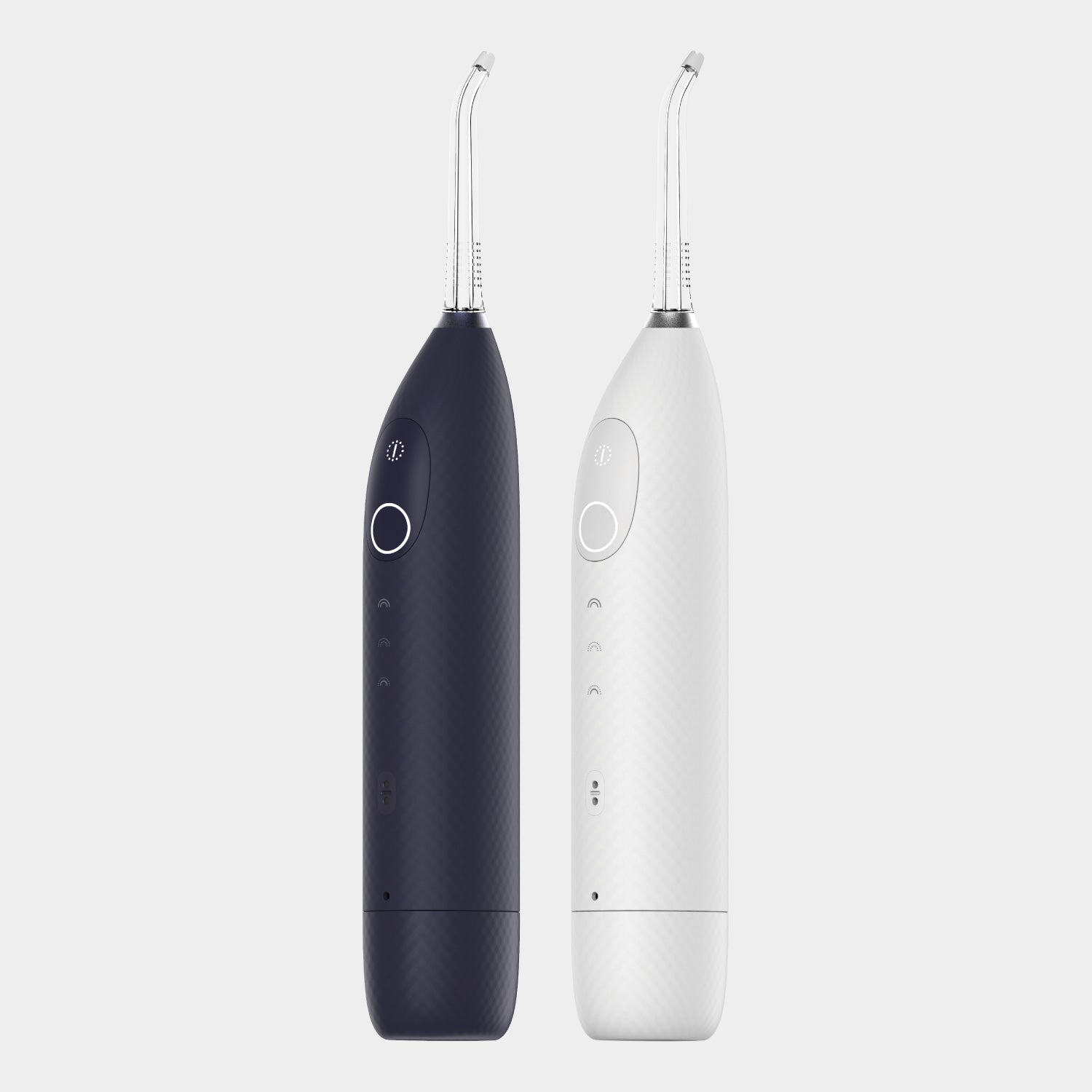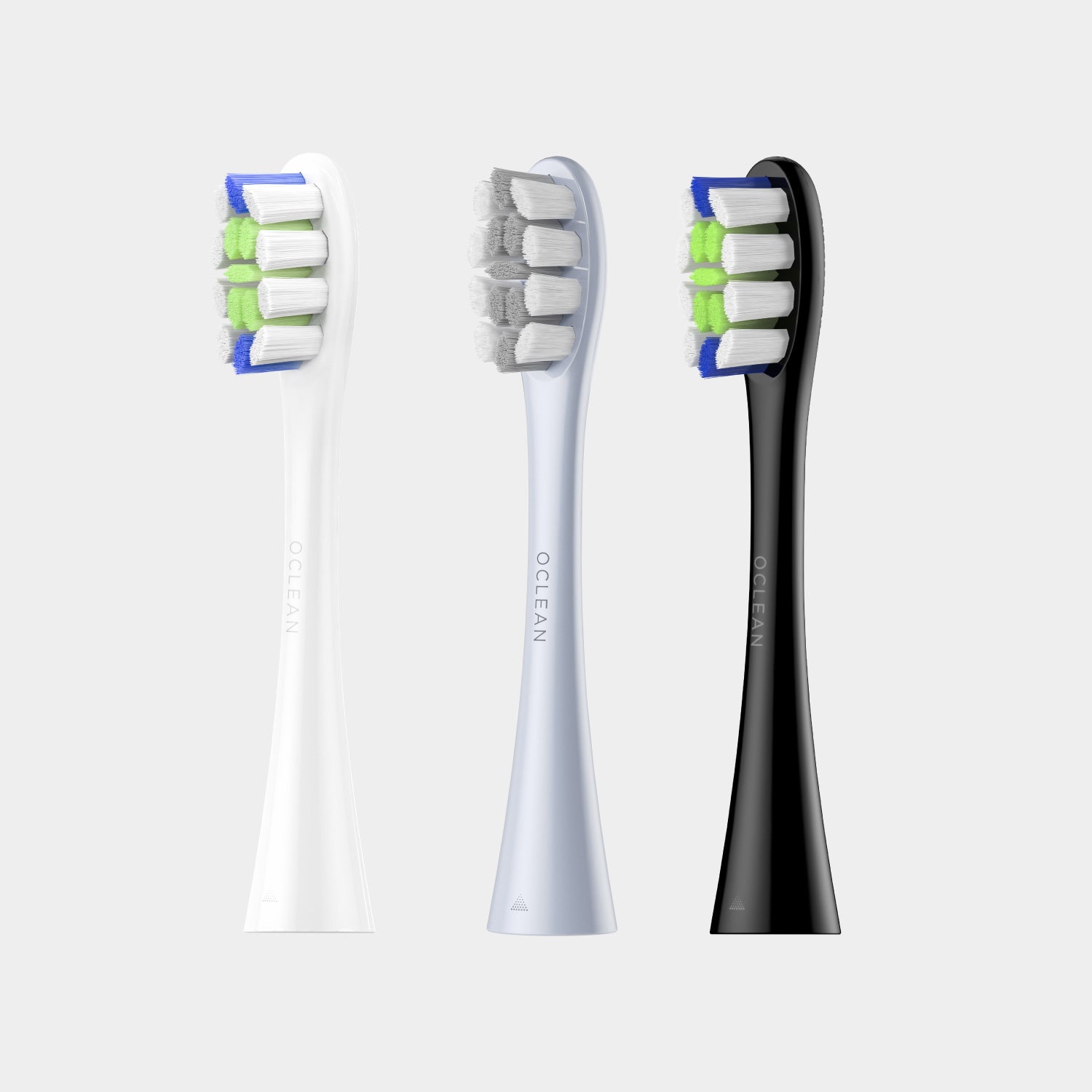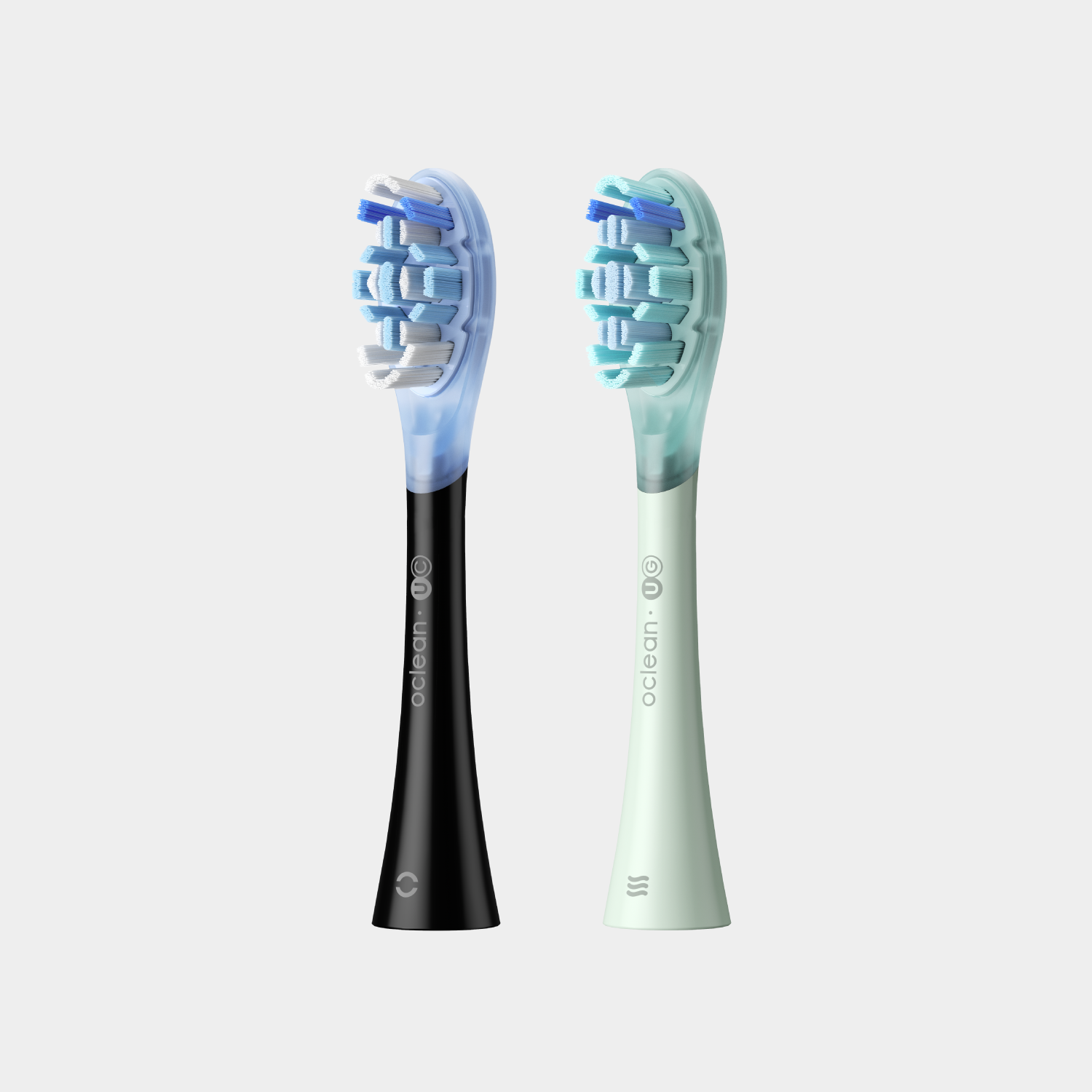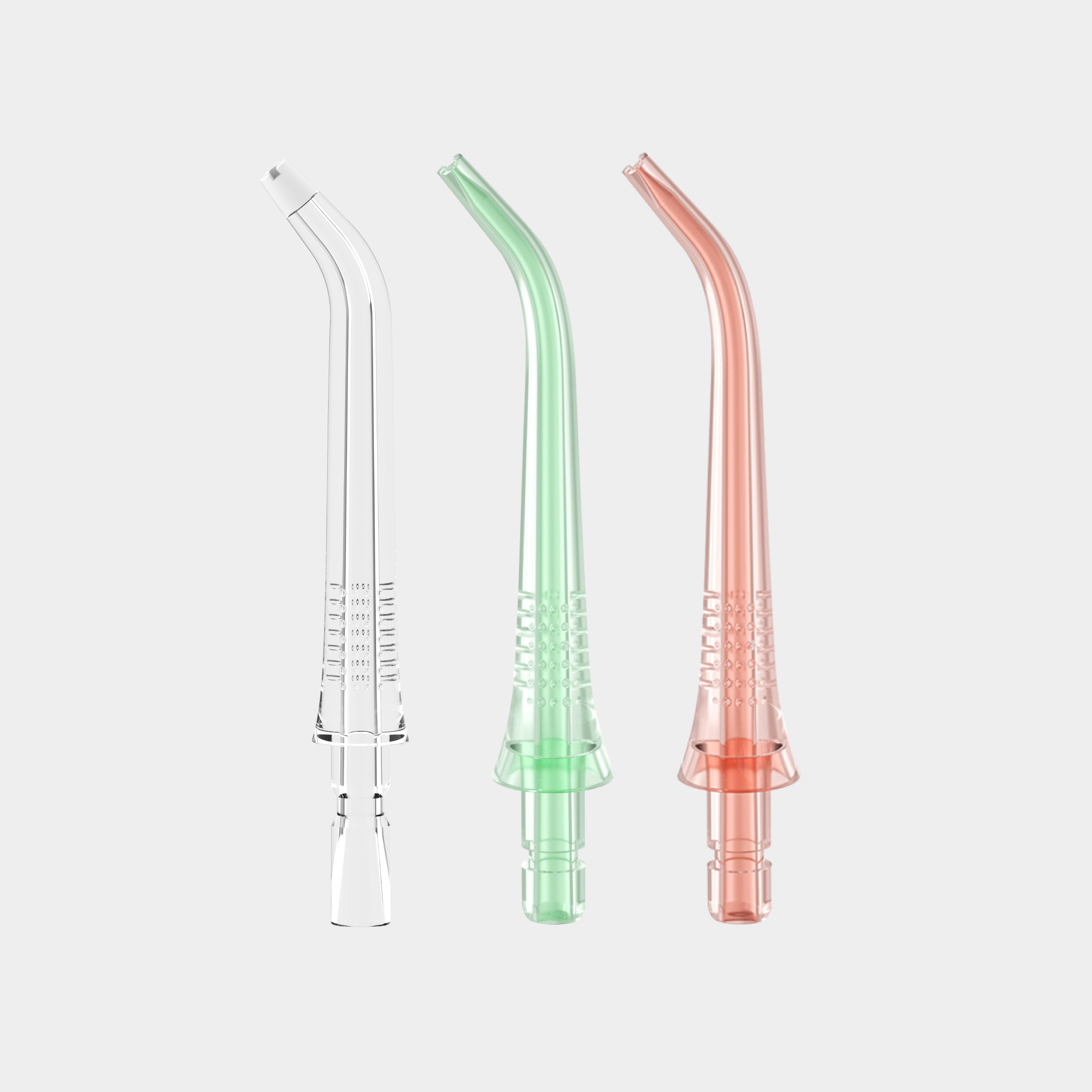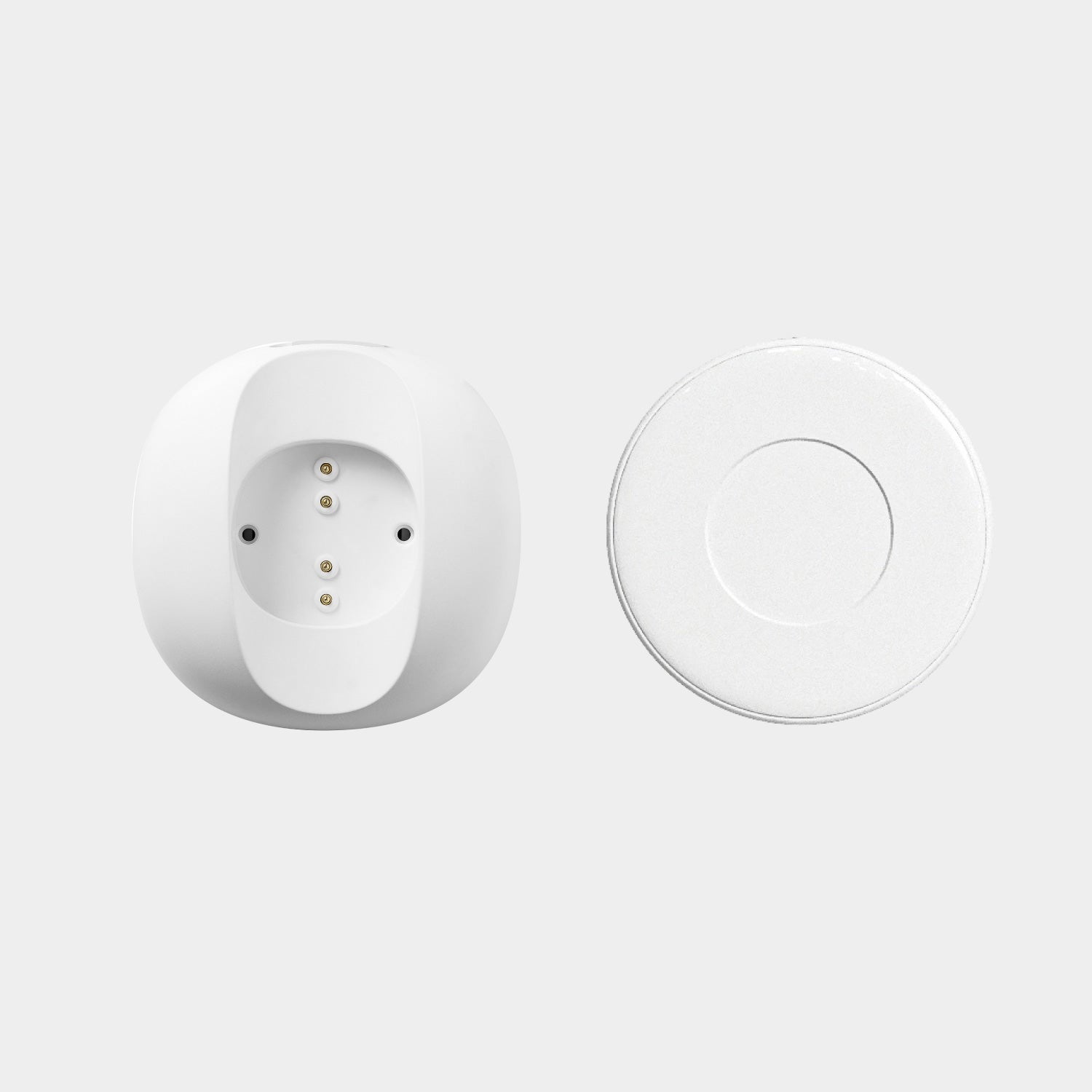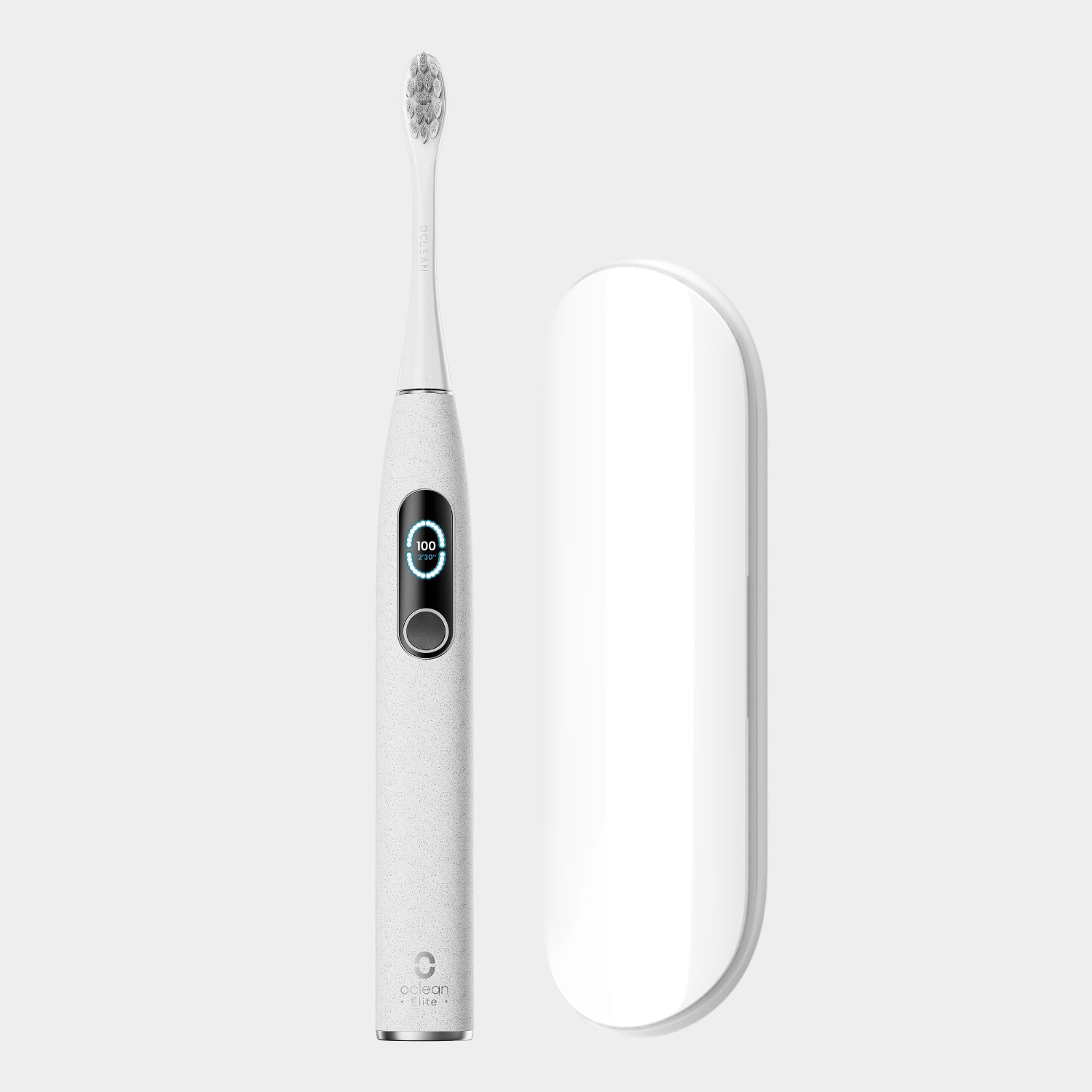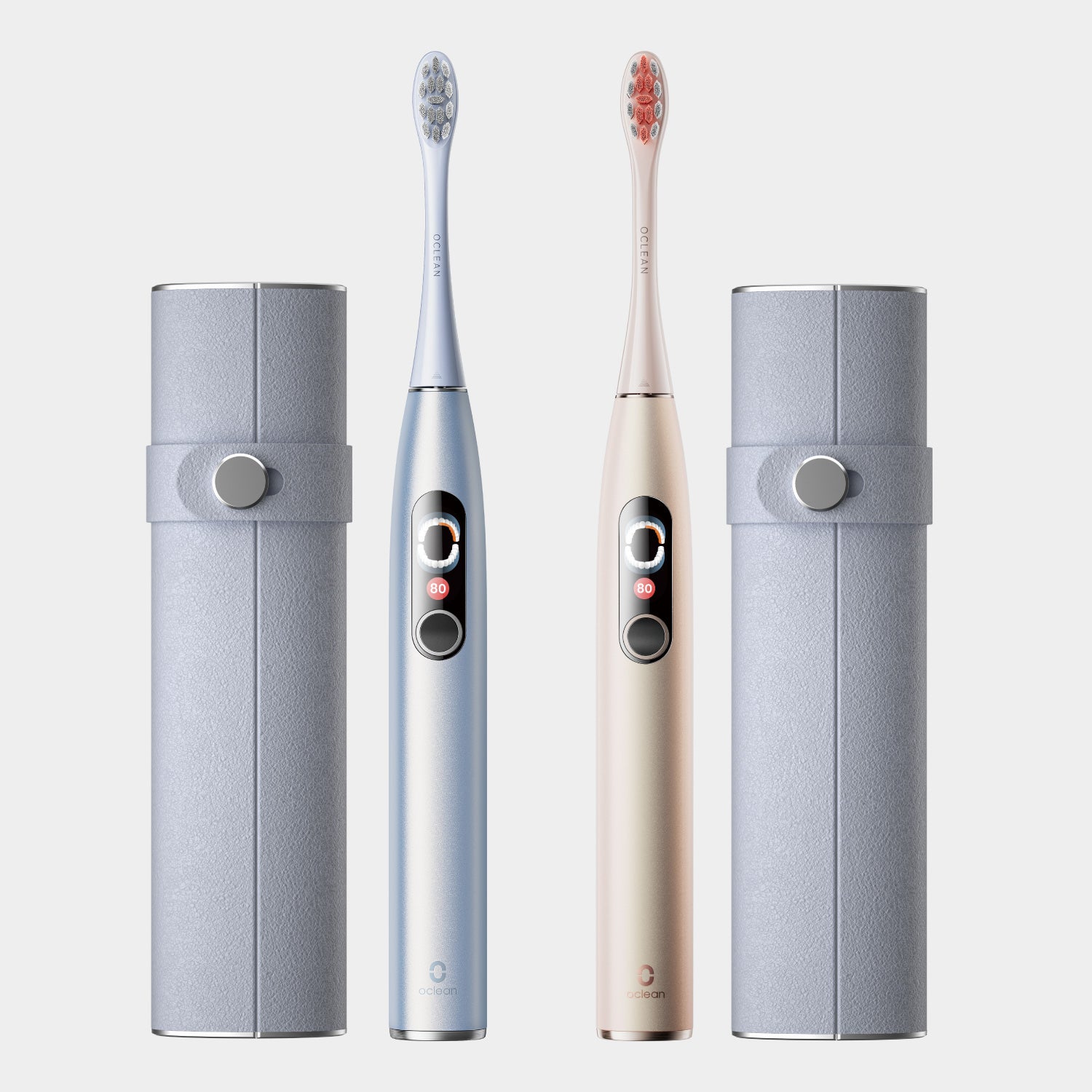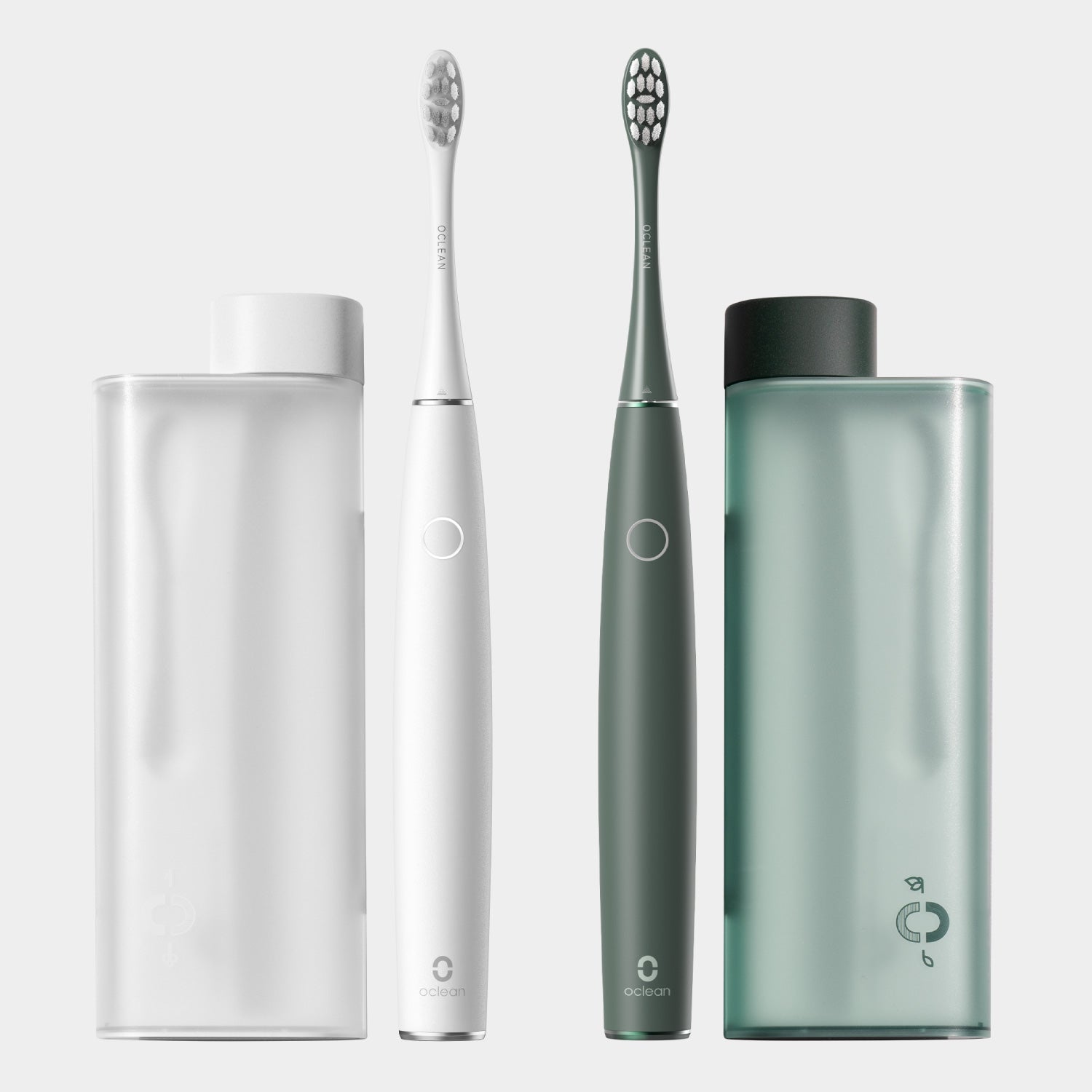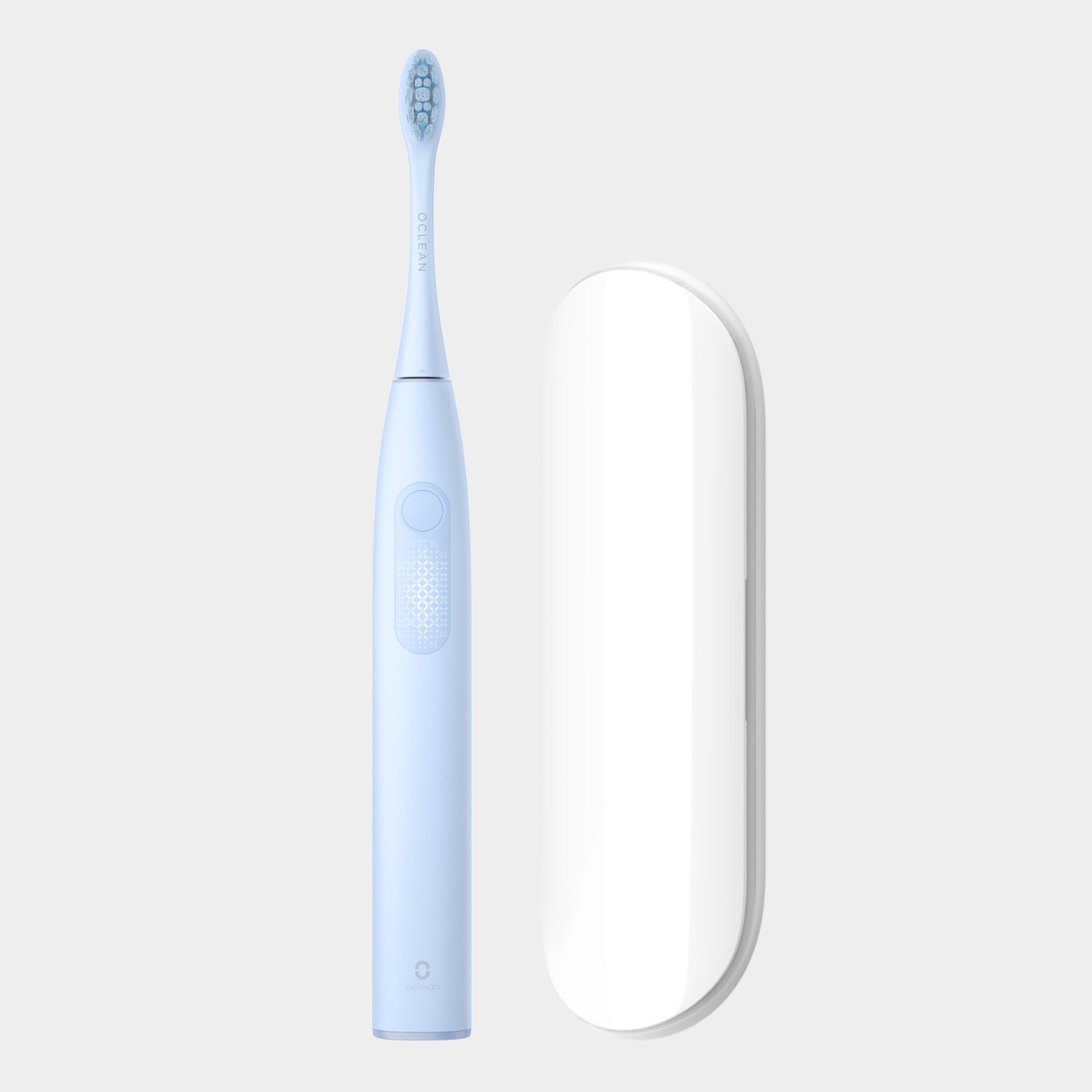Is Flossing Even Making A Difference?
Let's be honest, a lot of us find flossing, even once a day, to be a difficult task. While frantically attempting to navigate a piece of string floss between the teeth, most individuals often ask, "how long before flossing makes a difference?"
The American Academy of Periodontology surveyed more than one-third of Americans (36 percent) admitted that they would rather do an unpleasant activity such as cleaning the toilet over daily flossing. Neglecting to floss stems from various reasons; some do not appreciate the benefits of flossing, while others abandon the activity when no visible results are experienced after one or two days.
Let's attempt to shed more light on the importance of this oral hygiene habit to understand why dentists always remind you to floss daily.
The Importance of Flossing
Although the first and foremost oral hygiene tool, the conventional toothbrush fails to reach many areas during use. These areas include tiny crevices and spaces around teeth and gum lines, potentially harbor plaque and decay-causing bacteria. Interdental aids such as dental floss were pioneered to alleviate this issue. Once you develop the habit of flossing, you will likely enjoy the following benefits:
1. Freedom from the plaque: The Glossary of Periodontal terms has defined plaque as "an organized mass, consisting mainly of microorganisms embedded in a matrix of glycopolymers or sugars in layman's terms. The glossary further adds that this mass sticks to teeth and other prostheses in the mouth and oral surfaces and can even be found in the crevices of the gums and periodontal pockets.
In simple terms, it is a home for bacteria that cause gum disease. Flossing disrupts this home, preventing these pesky microorganisms from attacking the gums and inducing bleeding episodes and mobility of the teeth, ultimately leading to tooth loss.
2. Freedom from bad breath: Food stuck between the teeth can eventually be utilized by bacteria. These bacteria release volatile Sulphur compounds that contribute heavily to bad breath. Flossing effectively deprives these bacteria of their food source, preventing embarrassing bad breath episodes.
3. Freedom from calculus: Ever wondered what the annoying yellow substance on your tooth is? This substance is known as calculus, which is the hardened and more organized form of plaque. Neglecting to floss gives plaque all the time it needs to harden into calculus, prompting a visit to the dentist.
How Long Does It Take To Reverse Gingivitis?
Gingivitis is derived from "gingiva," which refers to the gums, and "itis," a medical suffix used to denote inflammation. Studies show that this inflammation of the gums affects 20-50% of the global population and is generally marked by red, often swollen, and bleeding gums.
The good news, however, is that this disease is easily reversible. In fact, regular brushing and flossing can reverse signs of gingivitis in approximately two weeks since these methods remove all the irritants that were the cause of the ailment.
"How do I know my flossing is working" you might ask?
- Your gums will no longer be red and will revert to the characteristic coral pink color.
- There will be no more bleeding.
- The gums will no longer feel swollen.
Can Your Dentist Tell If You Haven't Been Flossing?
You might be able to fool most regarding your oral hygiene negligence, but an experienced dentist will always be able to find out. Most individuals opt for breath-freshening mints to mask any oral malodor resulting from not flossing. Still, the dentist can easily discover surfaces harboring plaque and calculus during an oral examination.
While it is true that you can reverse your gingivitis two weeks before your scheduled dental appointment, it is wise not to attempt to fool your dentist. Once calculus has formed, no amount of brushing or flossing will remove it. Only a scaling procedure will solve the problem.
Still Not Convinced To Floss? Try The Water Flosser!
If you find it troublesome to position the conventional flossing thread around your teeth, the dental water flosser may be the solution to your problem.
Water flossers use a jet of water to flush bacteria and food debris away from the teeth and gums. This water stream can reach deeper areas in your gums and is a useful and less technique-sensitive alternative to reduce bleeding incidences.
In addition to the ease of use, these devices have been extensively researched since their inception. One study concludes that using water flosser and a smart toothbrush is more effective than using a piece of regular floss and a manual toothbrush.
Time to Floss!
The American Dental Association has advised brushing twice a day and flossing once a day. Suppose you are still apprehensive about using the conventional string floss. In that case, Oclean's portable water flossers can flush those pesky bacteria from your teeth and gums, giving you a healthier smile and a fresher breath.
Related Readings:
Can You Bring an Electric Toothbrush on a Plane
How Many Calories Are in Toothpaste
What Happens if You Swallow Toothpaste
Are Charcoal Toothbrushes Safe


